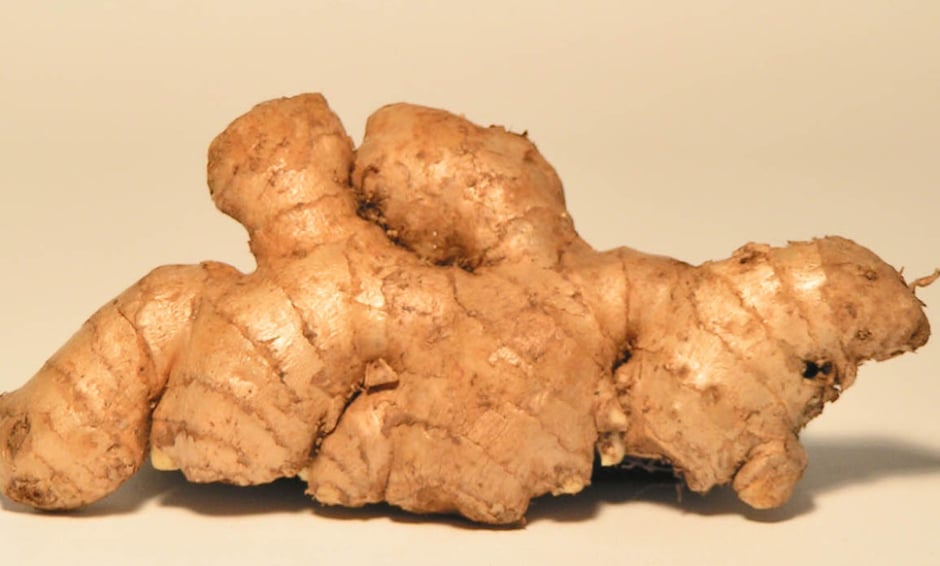BENEFICIAL dietary changes have been uncovered for the management of rheumatoid arthritis, an autoimmune disease that affects approximately 1.3 million people in the USA and currently has no cure. While anti-symptomatic treatment options can be successful, they vary in effectiveness between patients; therefore, the discovery of beneficial effects of various foods and dietary changes on disease outcome will provide hope for many patients who experience the associated joint pain.
The research team, from Kalinga Institute of Industrial Technology, Bhubaneswar, India, carried out an extensive literature review to explore dietary assessment for rheumatoid arthritis, only the second study of its kind. The team produced a list of 33 foods that have been proven to ease the symptoms and slow the progression of arthritis. In comparison, second-line biologic therapy options, used to treat arthritis if the first-line disease-modifying drugs fail, are expensive and have been linked to serious side effects. Dr Bhawna Gupta, Kalinga Institute of Industrial Technology, explained: “Supporting disease management through food and diet does not pose any harmful side effects and is relatively cheap and easy.”
The 33 foods were split into eight categories, including cereals, spices, legumes, fruits, whole grains, oils, herbs, and miscellaneous. Spices, including turmeric and ginger, were among those food products found to be particularly effective at reducing the levels of cytokines and other proinflammatory signalling molecules secreted by immune systems cells which are closely associated with a deterioration in arthritic symptoms and diseases prognosis. Dr Gupta added: “Regular consumption of specific dietary fibres, vegetables, fruits, and spices, as well as the elimination of components that cause inflammation and damage, can help patients to manage the effects of rheumatoid arthritis.”
The results of this extensive review will enable arthritic patients to manage their conditions through dietary changes, supporting the anti-inflammatory and disease-modifying effects of their medication. In addition, combining dietary alterations with successful therapeutic drugs could potentially lead to a great increase in a patient’s quality of life. The research team also suggested that the results of the study could open new pathways for the development of alternative medicines and different therapeutic options; however, it is important for patients to continue to take their anti-arthritic medication. Dr Gupta concluded: “We strongly suggest [that] the general public consult doctors and dieticians before following any diet program or food compounds discussed in the study.”
(Image: freeimages.com)








